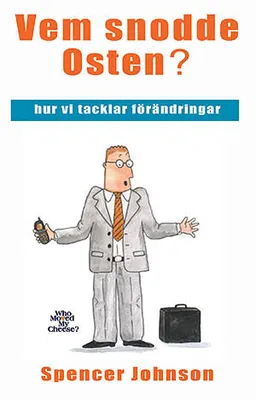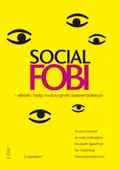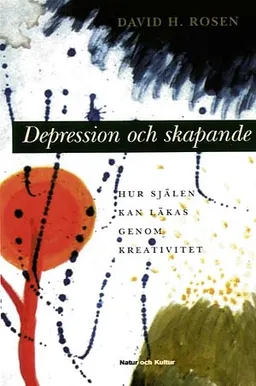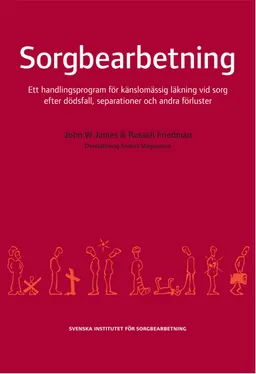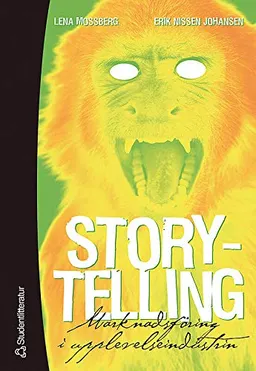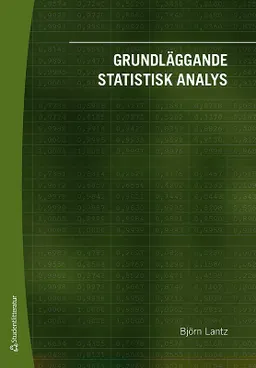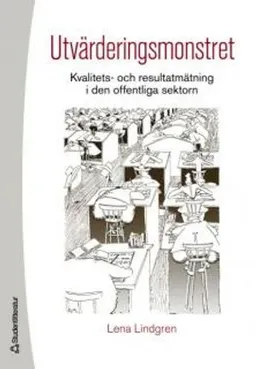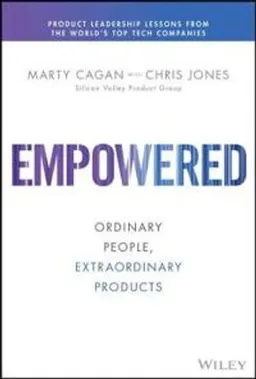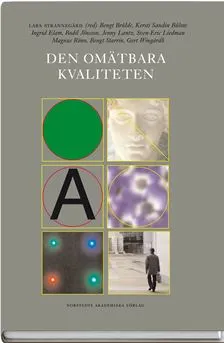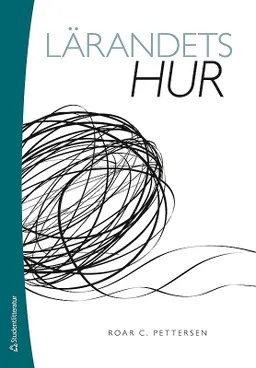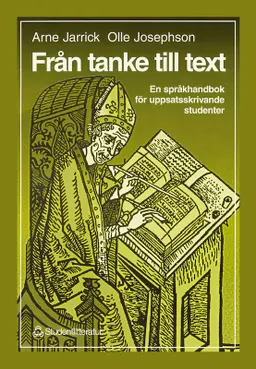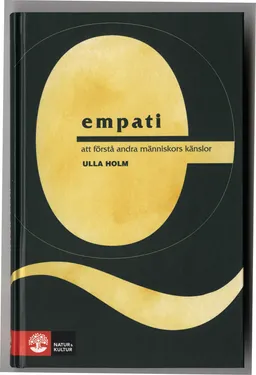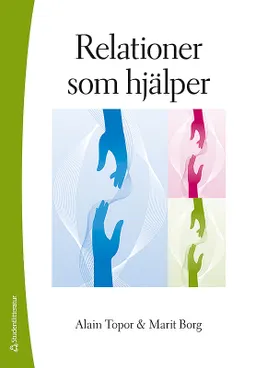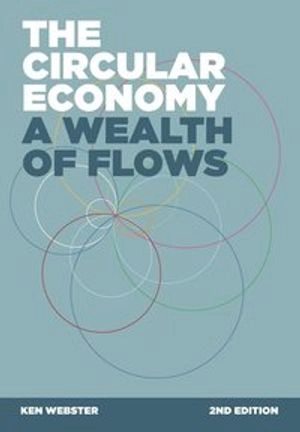

The Circular EconomyUpplaga 2
- Upplaga: 2a upplagan
- Utgiven: 2017
- ISBN: 9780992778460
- Sidor: 202 st
- Förlag: Ellen MacArthur Foundation Publishing
- Format: Häftad
- Språk: Engelska
Om boken
Åtkomstkoder och digitalt tilläggsmaterial garanteras inte med begagnade böcker
Mer om The Circular Economy (2017)
I januari 2017 släpptes boken The Circular Economy skriven av Ken Webster. Det är den 2a upplagan av kursboken. Den är skriven på engelska och består av 202 sidor. Förlaget bakom boken är Ellen MacArthur Foundation Publishing.
Köp boken The Circular Economy på Studentapan och spara uppåt 13% jämfört med lägsta nypris hos bokhandeln.
Referera till The Circular Economy (Upplaga 2)
Harvard
Oxford
APA
Vancouver
